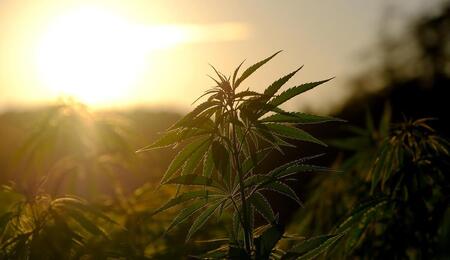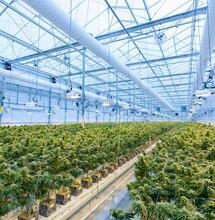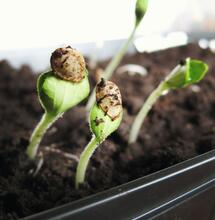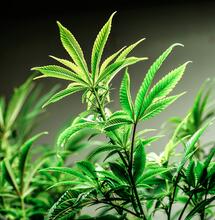German Potato Field Hides 2,500 Cannabis Plants

The outdoor cannabis farm, located in the rural area of Siegen-Wittgenstein, just north of Europe's financial hub Frankfurt, was reported to authorities by passersby. The popular German tabloid Bild sarcastically reports that police dispatched its "harvest squad" to collect the plants and lab check their cannabinoid content.
Germany might be headed towards a radical shift in cannabis policy, however, illicit operations remain a federal crime. Don't expect amnesty for those caught in the transition.
Bild reports that police busted the large plantation of about 3,000 square feet in size and consisting of about 2,500 plants after passersby tipped them off. The juicy part of this story is that cannabis was found on a potato field, and it may turn out it was put there by someone else.
"Guerrilla growing" or sowing cannabis on someone else's land or in the wild is a phenomenon familiar to many in Germany. Perhaps the country lacks the perks of warmer climate, but it still has lush green areas in summer, secluded and safe (well, apparently not safe at all times) from prying eyes.
Authorities may now press charges against the farm owner if it proves they were directly involved in farming cannabis or had any information whatsoever about this law offending operation at their property. Illicit cultivation of cannabis, including hemp with less than 0.3% THC content, remains punishable under Germany's Narcotic Act.
Although these are changing times for Germany and other parts of Europe regarding cannabis, the police haven't graded down busting operations. In fact, legal actions against both German recreational users and CBD operators appear to be on the rise. The potato field is just the latest case to fill in the headlines.
Some thoughts for the future of cannabis in Germany? The country's new coalition government may or may not include home cultivation in its legalisation frame, which should be discussed in detail in the coming 12-24 months. At best, growing will be regulated at least in a limited form, as has been the case most recently with Malta and Luxembourg.
There is more clarity in determining the product prices, however. Once the legal market is all set, prices will likely be determined based on THC concentration. Most German users are likely to purchase readily available products rather than cultivate at home. Regulation would have little effect on the decision to grow at home, and it is unlikely to subdue guerrilla growing either.
With the war in Europe and record inflation in decades raging, it's inconvenient that cannabis will make the top of political agendas in the coming months. But hopefully, some concrete steps and decisions will be taken by 2023.











